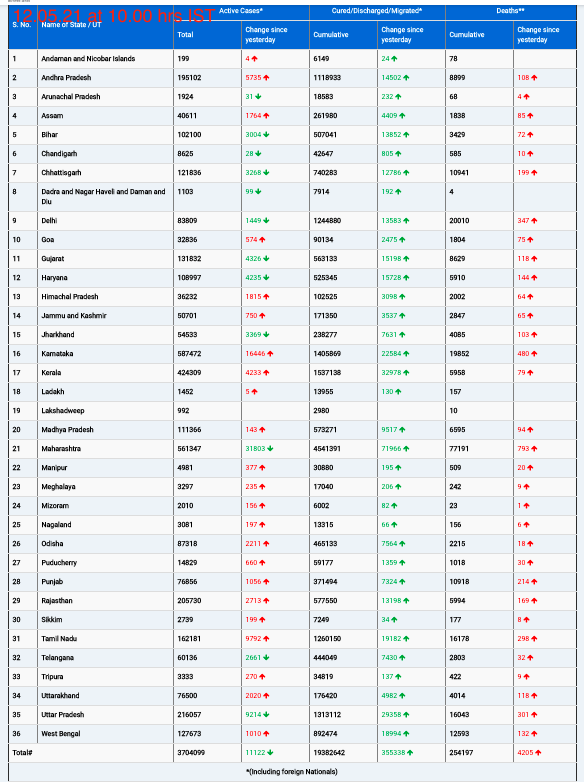A preliminary study presented at the American Academy of Neurology’s 76th Annual Meeting suggests that individuals experiencing sleep apnea may be more prone to memory or thinking problems. Although the study established a positive association, it did not definitively conclude that sleep apnea causes cognitive decline.
Sleep apnea, characterized by repeated pauses in breathing during sleep, can lead to decreased oxygen levels in the blood. Symptoms of the condition include snorting, gasping, breathing pauses, morning headaches, and difficulty concentrating on tasks. Despite its prevalence, sleep apnea often goes undiagnosed, although effective treatments such as continuous positive airway pressure (CPAP) machines are readily available.
Dr. Dominique Low, MD, MPH, from Boston Medical Center in Massachusetts, emphasized the significance of early screening for sleep apnea. “Our study found participants who had sleep apnea symptoms had greater odds of having memory or thinking problems,” stated Dr. Low, who is also a member of the American Academy of Neurology.
The study, which involved 4,257 participants, surveyed individuals about their sleep quality and memory or thinking problems. Among the participants, 1,079 reported symptoms of sleep apnea, with 33% of them reporting memory or thinking issues. In contrast, only 20% of individuals without sleep apnea symptoms reported similar problems.
After adjusting for factors such as age, race, gender, and education, researchers discovered that individuals with sleep apnea symptoms were approximately 50% more likely to experience memory or thinking problems compared to those without such symptoms.
“While these findings underscore the importance of early screening for sleep apnea, they also offer hope,” remarked Dr. Low. “Quality sleep, combined with lifestyle factors like a healthy diet, regular exercise, social engagement, and cognitive stimulation, may help reduce the risk of cognitive issues, ultimately enhancing overall quality of life.”
Despite the study’s valuable insights, its limitations include reliance on self-reported symptoms rather than medical assessments by professionals. Additionally, further research is needed to track the progression of sleep apnea symptoms and cognitive issues over time.
As researchers continue to explore the relationship between sleep apnea and cognitive health, early detection and intervention remain crucial in mitigating potential memory and thinking problems associated with the condition.












